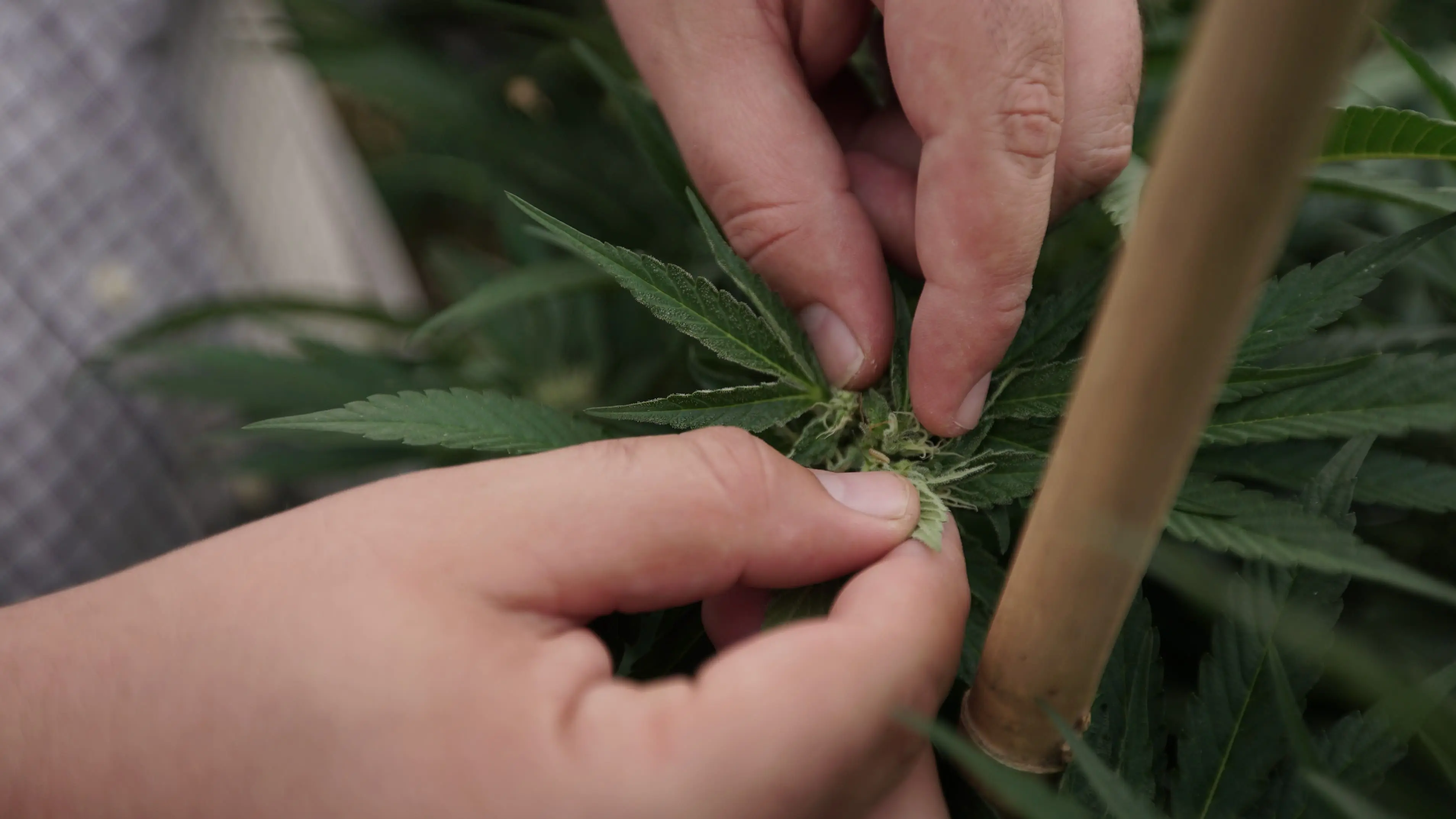Science & Health
Marijuana Helps Cancer Patients Think More Clearly And Manage Pain, Study Using Cannabis From Dispensaries Finds

Consistent marijuana use is associated with improved cognition and reduced pain among cancer patients and people receiving chemotherapy, according to a new study.
While cannabis produces intoxicating effects, and that initial “high” can temporarily impair cognition, patients who used marijuana products from state-licensed dispensaries over two weeks actually started reporting clearer thinking, the study from the University of Colorado found.
The findings of the study, published in the journal Exploration in Medicine late last month, were surprising, researcher Angela Bryan, a cancer survivor herself, said in a press release.
“We thought we might see some problems with cognitive function,” she said. “But people actually felt like they were thinking more clearly. It was a surprise.”
A groundbreaking new study, co-authored by members of @cuchange, shows that cancer patients who use cannabis to address their symptoms have less pain, sleep better, and, after weeks of sustained use, seem to think more clearly.
Read more ⬇️⬇️⬇️https://t.co/1AEwBvv2uZ
— CU Boulder Psychology and Neuroscience (@CUPsychandNeuro) April 28, 2023
Also, the 25 participants in the study said that they were sleeping better and experienced lower amounts of pain associated with their cancer symptoms or chemotherapy side effects.
The study is notable for another reason: patients took a diversity of edible cannabis products that they individually picked out at Colorado dispensaries. That included infused tinctures, baked goods, gummies and other cannabis edibles with varying cannabinoid profiles.
Because marijuana remains federally prohibited, the majority of studies that take place in the U.S. rely on either pharmaceutical-grade cannabis medicines like dronabinol or standardized marijuana grown at a federally authorized source, which tends to be low-THC and lacking in other cannabinoids.
Bipartisan congressional lawmakers have pushed to free up researchers to access cannabis from dispensaries—and top federal officials have supported giving scientists that option. But that practice for now remains prohibited, meaning that studies like the current one involve patients buying their own cannabis and then reporting back to researchers, instead of having scientists themselves choose the dispensary products they’d like to study and providing them to participants.
What this study suggests is that there are benefits to examining the effects of marijuana that’s available in a growing number of state markets. The overall takeaway was that cannabis has significant therapeutic potential for cancer patients; but it also offered insights into how different products produce different effects.
For example, the researchers found that patients who took edibles with higher CBD concentrations reported lower pain levels compared to those who consumed high-THC products.
Bryan said that “people are open to trying whatever they think might be useful, but there’s just not much data out there to guide them on what works best for what.”
For the study, patients were asked to buy the marijuana edibles from dispensaries. Then researchers would drive to each subject’s home in a mobile laboratory van (nicknamed the “cannavan”) to carry out physical and cognitive tests before and after the person consumed the cannabis.
“Two weeks of ad libitum cannabis use was associated with improvements in pain intensity and interference, sleep quality and subjective cognitive functioning.”
Pain levels dropped within an hour of use, but patients said they felt the intoxicating high that impaired cognition. That acute effect was eventually supplanted by mental clarity over time, the researchers observed during two-week follow-ups. Objective measures of cognition, such as reaction time, also improved after long-term use.
“This observational study is among the first of its kind to examine associations between legal market, palliative cannabis use, and subjective and objective outcomes among cancer patients,” the study says. “These early findings concerning pain intensity, sleep quality, and cognitive function can help to inform future, fully powered studies of this important topic.”
Gregory Giordano, one of the study authors, said that oncologists and patients are “concerned about the possible negative impact of cancer treatment on cognitive function, so the potential, indirect role of cannabis use on improving subjective cognitive function should be studied further.”
Last year, the National Institutes of Health (NIH) promoted funding opportunities for researchers to study the benefits and risks of marijuana for cancer patients.
The pain-relieving qualities of cannabis are a subject of intense interest, especially amid an opioid epidemic that has raised questions about the long-term risks of opioid use.
To that end, numerous studies have linked cannabis legalization and self-reported marijuana use to reduced opioid prescribing and overdose deaths.
A study published earlier this year by the American Medical Association (AMA) found that chronic pain patients who received medical cannabis for longer than a month saw significant reductions in prescribed opioids.
AMA also published research late last year that connected state cannabis legalization with reduced opioid prescribing for certain cancer patients.
State-level marijuana legalization is also associated with notable reductions in prescribing of the specific opioid codeine, according to another recent study that leverages data from the federal Drug Enforcement Administration (DEA).
Maryland Governor Signs Marijuana Regulation Bill Into Law, With Sales Set To Begin July 1
Photo courtesy of Chris Wallis // Side Pocket Images.



